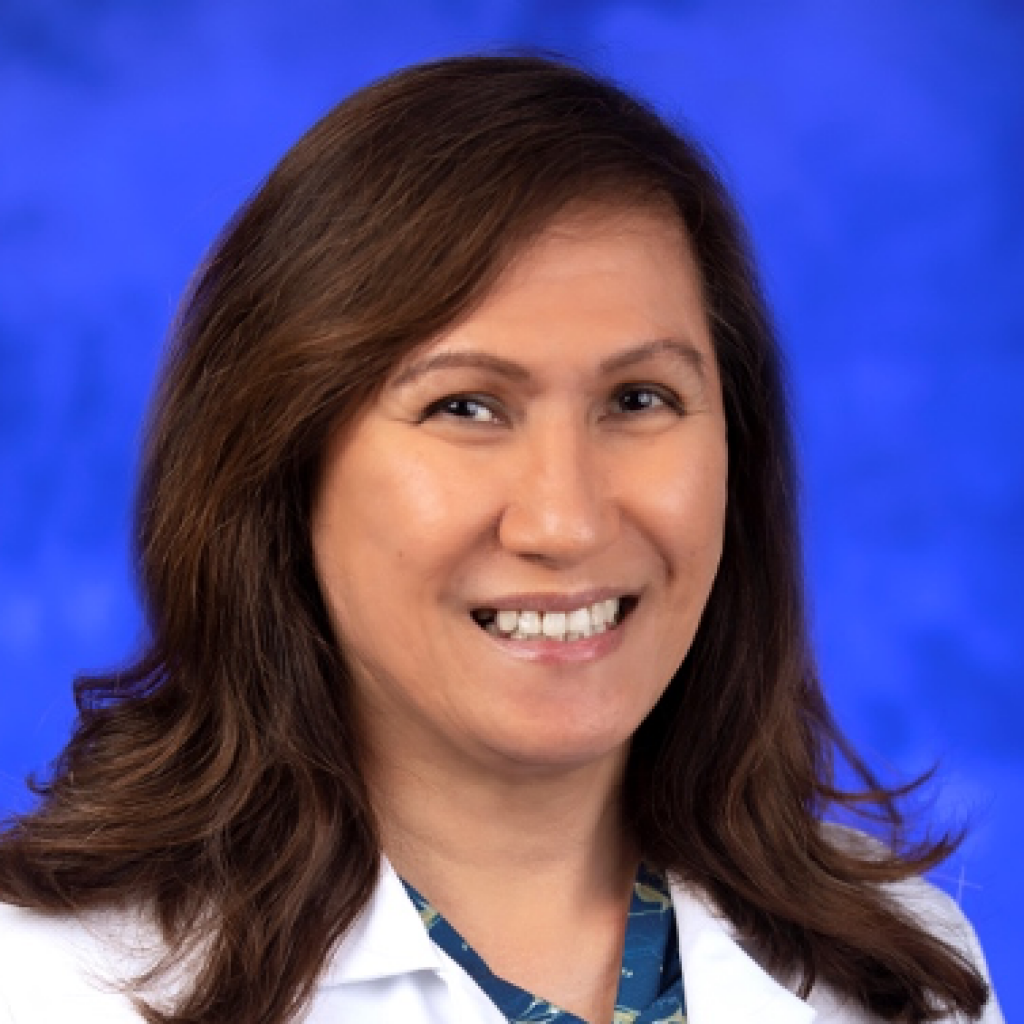About the series
This program is first in a series of four webinars that brings together educators and researchers for conversations about the ethical, legal, and social implications (ELSI) of genetics. The series is organized by the Personal Genetics Education Project in partnership with the Center for ELSI Resources & Analysis. To learn more, click here.
How to represent wide-ranging family structures and personal identities using the latest pedigree nomenclature
Date: Thursday December 1, 6:00-7:30pm ET
Resources from this program are available here: https://elsihub.org/video/exploring-difference-biology-classroom-how-represent-wide-ranging-family-structures-and
Pedigrees are a widely used tool in medicine, research, and teaching. In the classroom, pedigrees are a helpful tool for students to learn about genetics and the various ways in which genetic traits can pass through families. Traditionally, what most people have learned about pedigrees in school is that squares are for males, circles are for females, and lines indicate connections between parents and children across generations. Family structures and personal identities are wide ranging and so, for many people, this nomenclature will fall short. For example, people who were adopted or conceived by donor sperm may grapple with how to accurately portray their family relationships. And people whose gender identity does not align with their sex assigned at birth may find these symbols inadequate. How can educators create an environment that is welcoming and inclusive for all students, while still being able to clearly convey genetic concepts?
Our program will explore this question with healthcare professionals, Ina Amarillo, PhD and Robin Bennett, MS, LGC, PhD Hon, who are experts in providing clinically and genetically meaningful information to their patients that is informed by and respectful of their personal identities and family structures. This session will include:
- An introduction to latest guidelines in pedigree nomenclature
- Terminology and best practices for talking about sex and gender in the biology classroom
- Ample time for Q&A with the panelists
- After the session, participants are invited to join pgEd for a 30-minute discussion about resources, experiences, opportunities, and hurdles for including this content in the classroom.
Related Reading (open access): “Practice resource-focused revision: Standardized pedigree nomenclature update centered on sex and gender inclusivity: A practice resource of the National Society of Genetic Counselors“
Panelists
Ina Amarillo, PhD

Ina Amarillo, PhD (she/her) is a medical genomicist, and currently the lab director the Cytogenetics and Molecular Pathology Lab and Associate Professor in the Department of Pathology and Lab Medicine at Penn State Health/College of Medicine in Hershey, Pennsylvania. A trans-identifying woman, Dr. Amarillo collaborated with various academic, research and community organizations to strongly advocate for inclusive and affirmative health care practices for gender-expansive and trans individuals, and people with variations of sex characteristics/VSC (differences of sex development/Intersex).
Robin Bennett, MS, LGC, PhD Hon

Robin Bennett, Professor of Medicine and Program Director of the University of Washington Genetic Counseling Graduate Program, is a nationally recognized leader in genetic counseling. Robin has made significant contributions to the body of knowledge of genetic counseling and is most known for her work in pedigree nomenclature, consanguinity, presymptomatic testing for Huntington disease and other neurogenetic disorders, cancer genetics, and the National Society of Genetic Counselors (NSGC) Code of Ethics. She authored The Practical Guide to the Genetic Family History. Robin serves as genetic counseling editor For Genetics in Medicine and on their IDEA (Inclusivity, Diversity, Equity, Anti-racism). She’s served as president of the NSGC, a member of the board of directors of the American Board of Genetic Counseling, and a founding board member and past president of the Accreditation Council for Genetic Counseling. She served on the board of directors of the American Society of Human Genetics. Currently Robin is on the DEIJ Committee of the Association of Genetic Counseling Program Directors. She earned a bachelor’s degree in biology from Kenyon College, which later awarded her an honorary scientific doctorate. Robin is a graduate of the Human Genetics Program at Sarah Lawrence College.
